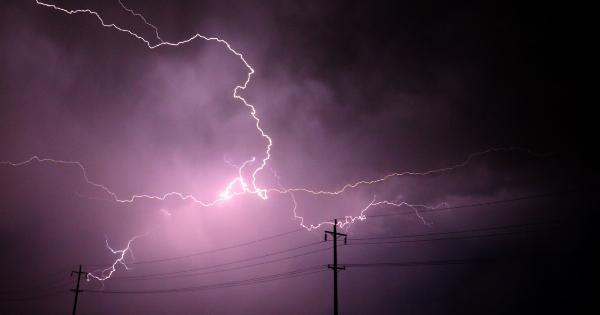Bipolar disorder is a mental illness that affects many people worldwide. However, for the longest time, not much was known about what caused it.
Recently, American scientists have been able to determine the seven significant causes of bipolar disorder, which will help in treatment and management of the condition.
Genetics
Genetics plays a significant role in determining if someone will suffer from bipolar disorder or not. Studies have revealed that people with a family history of bipolar disorder have a higher likelihood of suffering from the condition.
Researchers have also found that specific genes predispose people to the illness, and in the future, this genetic link could help predict those who are at risk of suffering from the condition.
Physical Changes in The Brain
Another cause of bipolar disorder is physical changes in the brain. Research has shown that people with bipolar disorder have differences in the structure of their brains compared to those who do not have the condition.
These physical changes affect the areas of the brain responsible for mood regulation, and as a result, they experience mood swings.
Chemical Imbalances in The Brain
Bipolar disorder has also been linked to chemical imbalances in the brain. People who suffer from bipolar disorder have different levels of certain chemicals in their brains, such as serotonin and dopamine, which affect their moods.
Researchers are still studying how these imbalances lead to the condition, but it’s clear that they play a significant role.
Hormonal Imbalances
Besides chemical imbalances, hormonal imbalances have also been identified as a cause of bipolar disorder. Imbalances in hormones such as cortisol, melatonin, and thyroid hormones have been linked to the condition.
These hormonal imbalances affect the brain’s ability to regulate moods, leading to episodes of mania and depression.
Substance Abuse
Substance abuse is a known risk factor for the development of bipolar disorder. People who abuse drugs or alcohol have an increased risk of developing the condition.
Prolonged drug and alcohol misuse can also worsen the symptoms of bipolar disorder, making them more severe and harder to manage.
Environmental Triggers
Environmental triggers can also cause bipolar disorder or trigger an episode in people who already have the condition. These triggers include stress, trauma, and major life changes such as the death of a loved one.
Studies have shown that people who experience such triggers have a higher likelihood of developing the condition.
Sleep Disorders
Finally, sleep disorders such as insomnia and sleep apnea have been associated with an increased risk of bipolar disorder. People with bipolar disorder have disrupted circadian rhythms, which affect their sleep patterns.
Studies show that a lack of sleep or poor quality sleep can trigger mood episodes, leading to episodes of mania or depression.






























